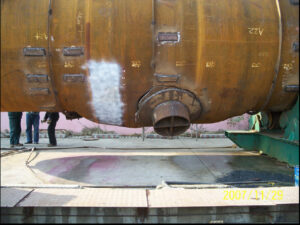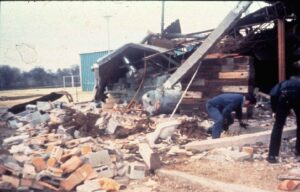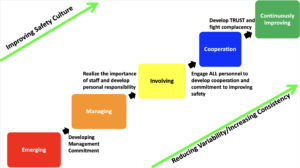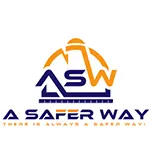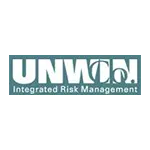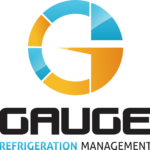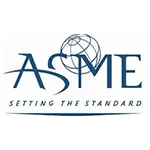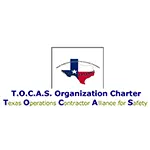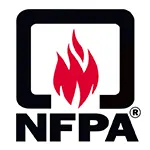Let us help you make sense of PSM / RMP!
My friend Brian Chapin will be offering an open-enrollment PSM/RMP class in Burleson, Texas, July 8th to 11th, 2025. Brian is an absolute pro in NH3 Refrigeration Process Safety. Anyone who attends will also get a FREE membership to SAFTENG. You can get more information on the class with this link.
CLICK HERE to Renew your Membership
CLICK HERE for a NEW Membership
CLICK HERE to see eligibility requirements for FREE Membership
If you have any questions, please contact m
SAFTENG has:
- Over 18,000 categorized unsafe acts/conditions and accident/injury photos
- Over 1,500 ppt's & doc's in the SAFTENG Library
- Over 4,000 Technical Articles on Process Safety, Emergency Response & OSH topics
- Over 450 videos (those not allowed on YouTube Channel)
Many THANKS to my NEW Members and those who CONTINUE to support SAFTENG:









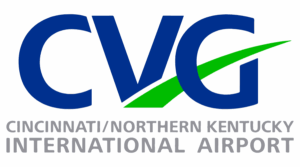




December 21, 2007
Citation 1 Item 1 Type of Violation: Serious; $4,500 Section 88.4 – Code of Iowa (2007) 88.4: The employer did not furnish employment and a place of employment that was free from recognized hazards that were causing or likely to cause death or serious physical harm to employees in that employees were exposed to a serious corrosive chemical hazard, ammonia used as a refrigerant:(a) In the Plant-...
Read More
December 15, 2007
Pressure Vessel Failure during Hydrotest – Nov. 2007, ChinaPlease see the photos below of a pressure vessel that recently failed whilst under hydrotest during post fabrication testing. This vessel was manufactured by a vessel vendor in China and the plate was of Chinese mill origin. Unfortunately this is another example of serious equipment/material failures with equipment being sourced out of...
Read More
December 7, 2007
Star elementary school Oklahoma 1982. Six children & one adult killed, 42 injured. The cause was an 80-gallon hot water heater exploded. The controls had been tampered with, the temperature probe was removed & the relief valve was improperly installed.
Read More
November 21, 2007
This is not the first time I have addressed this matter. Still, somehow, somewhere, a dirty little lie has been circulating among ammonia design and installation contractors that somehow an engine room handling less than 10,000 pounds of anhydrous ammonia (NH3) is incapable of presenting an explosion hazard, thus no need for any engineered ventilation. This is insane logic and not anywhere near...
Read More
September 5, 2007
Some specialized literature regarding the maintenance of safety relief valves (SRVs) is available, but it is best to always consult the manufacturer’s detailed installation and maintenance manuals on the subject, as some type of valves might require special attention. It is highly recommended to always use genuine manufacturer’s spare parts. In some parts of the world, this is even required...
Read More
September 1, 2007
Almost all Occupational Safety and Health efforts need one key ingredient to be successful… Employees participating in the safety process! Heck, OSHA and EPA have even regulated employee participation (EP) in their process safety standards. But far too many organizations have not quite understood the concept of Parent-to-Parent engagement vs. Parent-to-Child engagement and almost...
Read More
June 27, 2007
The requirements for bonding and grounding of containers during the transfer of Class I flammable liquids are contained in 29 CFR 1910.106(e)(6)(ii). This paragraph does not specifically address plastic containers. However, OSHA issued “OSHA Instruction STD 1-5.14-A” on October 24, 1980 to address plastic containers (NOTE: this STD is NO LONGER AVAILABLE via OSHA.gov). This instruction...
Read More
April 28, 2007
Illinois Environmental Protection Agency Director has asked the Illinois Attorney General’s office to proceed with enforcement action against Ellinor Trucking and River Rock Logistics, operated out of Lanark. The Illinois EPA alleges an inadequate transfer hose was used when an Ellinor employee prepared to offload anhydrous ammonia to an above-ground storage tank, which resulted in the release...
Read More
April 25, 2007
Following the guidance of OSHA and EPA, the industry has attempted to simplify what type of change requires the initiation of the Management of Change system and which type of change is a “replacement in kind” (RIK). Oddly enough, both OSHA and EPA chose not to define the meaning of “change”; instead, they have officially defined what a “replacement in kind”...
Read More
April 12, 2007
The elements that form the safety culture maturity model have been adapted from the safety culture components listed by the HSE in Reducing error and influencing behavior – HSG48. It is unlikely that these elements will map precisely onto the factors that companies have previously measured in safety culture or climate surveys because there is considerable variation in the proposed elements...
Read More
April 11, 2007
On January 26, 2006, a factory in Brazil witnessed a significant accident during a pneumatic pressure test involving a tank and pipework. The incident occurred because blind flanges were not used to isolate the pipework connected to the tank. Instead, only the valves were closed. This oversight led to the possibility that one or more valves failed or were not fully closed, leading to the tank itself...
Read More
March 10, 2007
Public exposure guidelines are intended to predict how members of the general public would be affected (that is, the severity of the hazard) if they are exposed to a particular hazardous chemical in an emergency response situation. The most common public exposure guidelines are: AEGLs (Acute Exposure Guideline Levels) ERPGs (Emergency Response Planning Guidelines) TEELs (Temporary Emergency...
Read More


